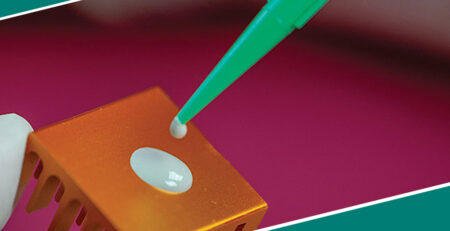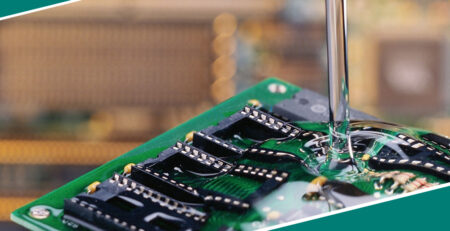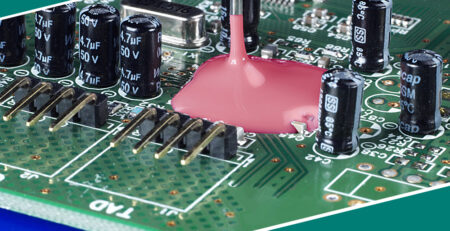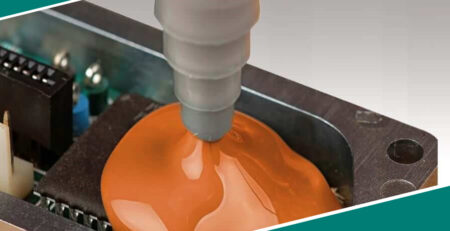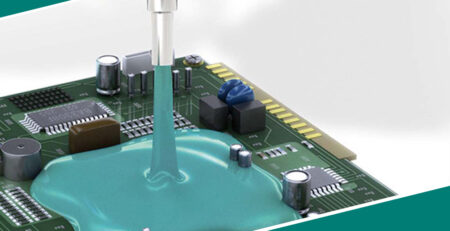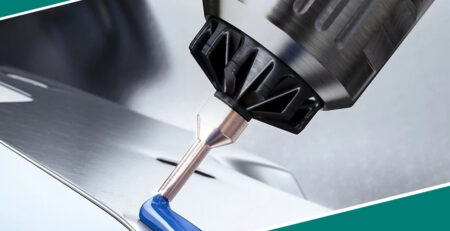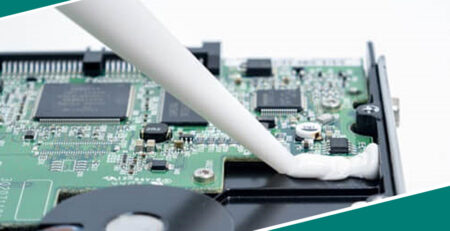Industrial Electronic Adhesives Suppliers: A Comprehensive Overview
Industrial Electronic Adhesives Suppliers: A Comprehensive Overview
The rapid technological advancement has driven significant growth in the electronics industry, particularly in manufacturing, where components must be reliably bonded, insulated, and protected. Adhesives play a vital role in ensuring the longevity and functionality of electronic devices, ranging from consumer gadgets to large industrial machinery. In this article, we explore the importance of industrial electronic adhesives, the role of suppliers, critical factors in selecting a supplier, and the trends shaping this dynamic industry.
Importance of Industrial Electronic Adhesives
Industrial electronic adhesives are specialized bonding agents designed to meet the stringent demands of the electronics industry. These adhesives are critical for assembling electronic components, as they must provide strong bonding, electrical insulation, thermal management, and protection against environmental factors. Here are some of the critical uses of these adhesives:
- Component Bonding: Adhesives are essential in bonding components such as sensors, circuit boards, and semiconductors. They help ensure these components are securely fastened while withstanding thermal and mechanical stress.
- Thermal Management: Many electronic devices generate significant heat, which, if not properly managed, can lead to component failure. Adhesives with thermal conductivity properties help dissipate heat, ensuring the device operates within safe temperature limits.
- Electrical Insulation: Adhesives must provide electrical insulation to prevent short circuits and protect sensitive components from electrical damage. Non-conductive adhesives are essential in high-voltage applications.
- Environmental Protection: Industrial electronic adhesives protect components from moisture, dust, chemicals, and other environmental factors that can degrade electronic device performance. Some adhesives also offer UV resistance for outdoor applications.
- Flexible Applications: Adhesives used in electronics must be versatile enough to handle various materials, including metals, ceramics, glass, plastics, and composites. They should also maintain their performance across varying environmental conditions, such as temperature fluctuations, humidity, and mechanical stress.
Given these critical functions, it is clear that choosing the right adhesive supplier is of paramount importance for manufacturers.
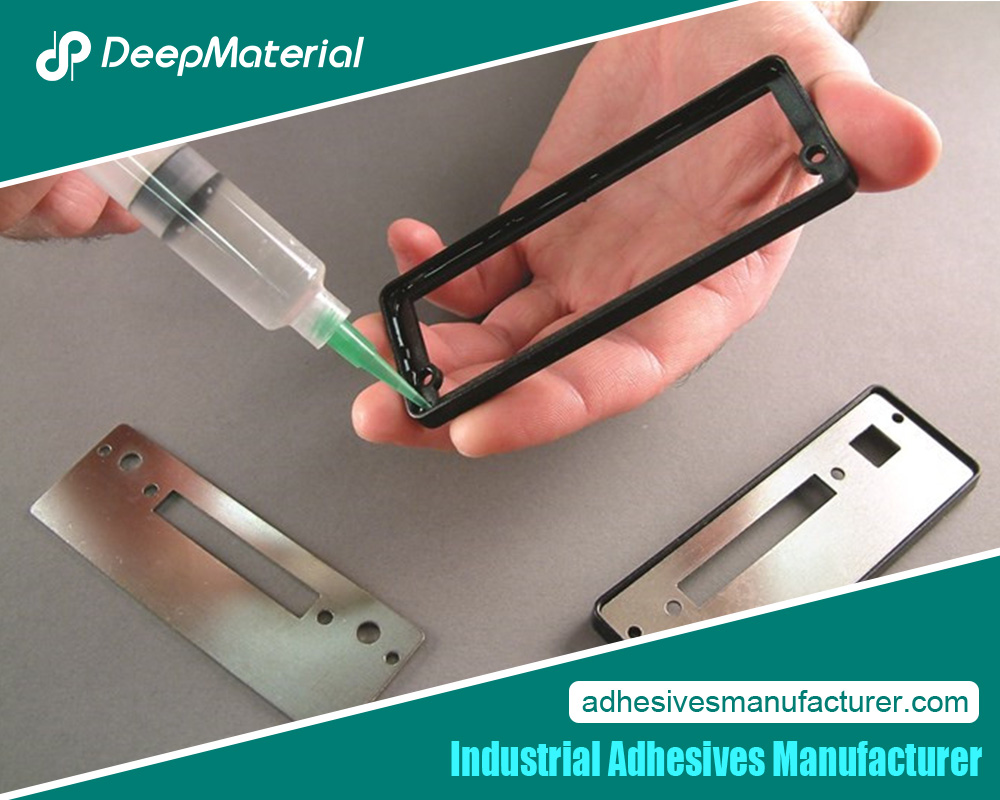 Role of Industrial Electronic Adhesives Suppliers
Role of Industrial Electronic Adhesives Suppliers
Suppliers of industrial electronic adhesives are more than just vendors; they play a crucial role in helping manufacturers select the appropriate materials and solutions for their specific applications. An effective supplier provides more than just the adhesive itself—they offer technical support, product customization, and logistics to ensure manufacturers can efficiently meet their production demands. Below are some of the critical roles that suppliers play:
- Product Selection: With numerous types of adhesives available—such as epoxy, silicone, acrylic, polyurethane, and UV-cured adhesives—suppliers assist manufacturers in selecting the suitable adhesive based on the application’s performance requirements, materials, and environmental factors.
- Technical Expertise: Suppliers often provide technical support to guide manufacturers through adhesive application processes, including surface preparation, curing times, and temperature control. This helps optimize production efficiency and ensures the longevity of the final product.
- Customization: Some applications require specialized adhesives that meet unique performance standards. Suppliers work with manufacturers to develop customized adhesive formulations that address specific bonding, insulation, or protection needs.
- Testing and Validation: Suppliers provide testing and validation services to ensure the selected adhesive meets regulatory standards, such as UL certification, RoHS compliance, and MIL-SPEC requirements. This helps manufacturers maintain product quality and meet industry regulations.
- Supply Chain and Logistics: Suppliers also manage the logistics of providing adhesives, ensuring that manufacturers receive their materials on time, in the right quantities, and at competitive prices. They play a vital role in maintaining the consistency and reliability of the supply chain.
- Training and Support: Many suppliers offer training programs for manufacturers’ engineers and technicians, teaching best practices in adhesive application, curing, and testing. This ensures that the adhesive is applied correctly, reducing the risk of product defects.
Critical Factors in Selecting a Supplier
Selecting the right supplier for industrial electronic adhesives can significantly impact a manufacturer’s production efficiency and product quality. Here are some key factors to consider when choosing a supplier:
- Product Range: A supplier with a wide range of adhesive products is better equipped to meet diverse bonding and protection needs. Look for suppliers that offer multiple types of adhesives, including epoxies, silicones, urethanes, acrylics, and specialized adhesives for specific applications.
- Technical Support: The technical support the supplier provides is crucial, especially for manufacturers working on complex electronic assemblies. The supplier should have experienced engineers and chemists available to guide product selection, application methods, and troubleshooting.
- Customization Capabilities: Not all adhesive applications are the same. Some manufacturers may require adhesives with unique properties, such as increased thermal conductivity, faster curing times, or enhanced flexibility. A customized supplier can develop a product tailored to specific performance requirements.
- Quality Assurance: Quality control is critical in the electronics industry. The supplier should adhere to rigorous quality standards, such as ISO certifications, and provide products that meet regulatory requirements, such as UL, RoHS, and REACH compliance.
- Global Reach and Local Presence: For worldwide manufacturers, partnering with a supplier with a global reach and local presence is essential. This ensures consistent product availability, fast delivery times, and support in multiple regions.
- Sustainability: As the demand for environmentally friendly products grows, many manufacturers seek suppliers that offer sustainable adhesive solutions. This includes adhesives with low VOC (volatile organic compounds) emissions, biodegradable formulations, and recyclable packaging.
- Cost and Availability: While price is essential, it should not be the sole consideration. Manufacturers must also evaluate the availability and reliability of the supplier’s products. A supplier that guarantees timely delivery and provides consistent pricing is crucial to maintaining smooth production operations.
Significant Trends in the Industrial Electronic Adhesives Market
The industrial electronic adhesives market is evolving rapidly, driven by technological innovations, changing regulatory requirements, and increasing demand for high-performance materials. Here are some of the key trends shaping the industry:
- Miniaturization of Electronics: As electronic devices become smaller and more compact, the need for adhesives with precise application capabilities has increased. Miniaturization also requires adhesives that can handle higher thermal loads and provide excellent protection in smaller spaces.
- Electrification and Renewable Energy: The growth of electric vehicles (EVs), renewable energy systems, and battery technologies drives demand for high-performance adhesives that can withstand extreme temperatures, mechanical stress, and environmental exposure. Adhesives used in these applications must offer excellent thermal conductivity and electrical insulation.
- Automated Adhesive Dispensing: Many manufacturers are adopting automated adhesive dispensing systems to improve production efficiency. Suppliers are developing adhesives compatible with these systems, offering fast curing times and reduced waste.
- Sustainability: Manufacturers seek adhesives with lower ecological impact as environmental regulations become stricter. This has led to developing eco-friendly adhesives with reduced VOC emissions, recyclable packaging, and biodegradable components.
- Advanced Materials and Nanotechnology: The use of advanced materials, such as graphene and nanomaterials, in adhesives is growing. These materials offer enhanced electrical conductivity, thermal management, and bonding strength, making them ideal for high-performance electronics.
- Healthcare and Medical Devices: The medical electronics sector is experiencing rapid growth, and adhesives used in medical devices must meet stringent biocompatibility and safety standards. Suppliers are developing specialized adhesives for medical electronics, including wearable devices and implantable sensors.
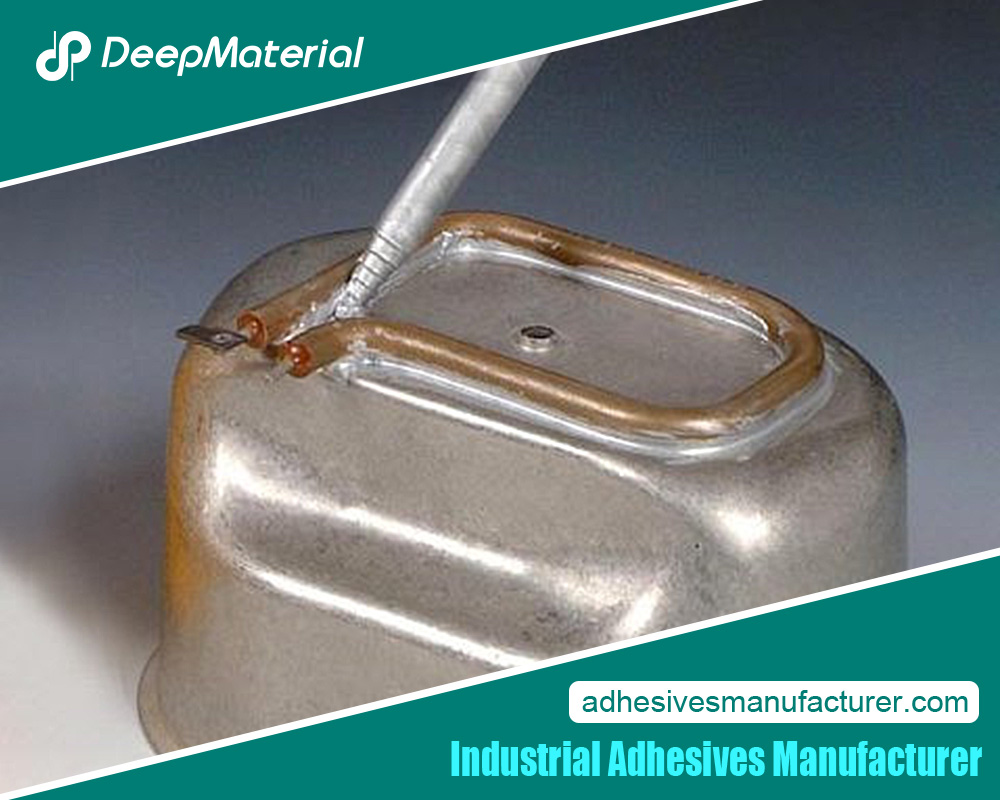 Conclusion
Conclusion
The role of industrial electronic adhesives suppliers is critical in ensuring the success of electronics industry manufacturers. These suppliers provide not only the materials but also the technical expertise, customization, and support needed to meet the demanding requirements of modern electronic devices. Manufacturers can improve product quality, reduce production costs, and stay competitive in an increasingly complex and dynamic market by choosing the right supplier.
Suppliers must stay ahead of trends such as miniaturization, sustainability, and advanced materials as the electronics industry evolves. The ability to offer innovative solutions tailored to manufacturers’ unique needs will set the leading suppliers apart in this growing and highly competitive field.
For more about a complete guide to industrial electronic adhesives suppliers: a comprehensive overview, you can pay a visit to Deepmaterial at https://www.adhesivesmanufacturer.com/ for more info.


